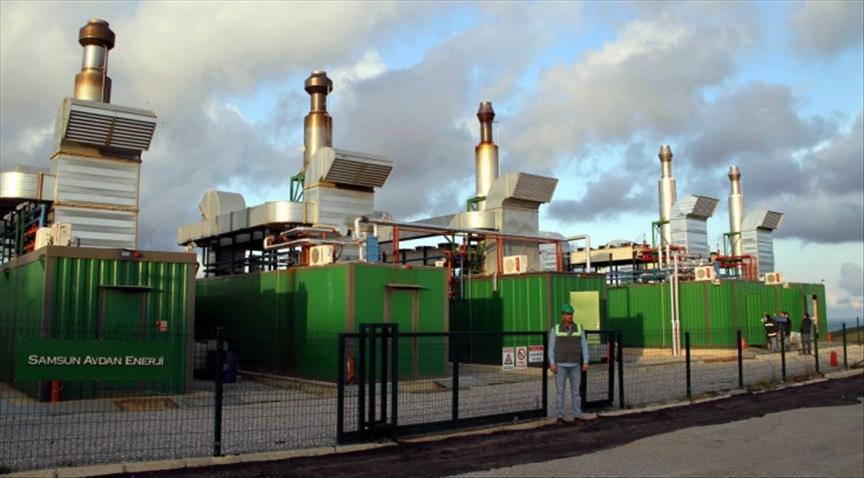Biogas has not reached its full potential as a flexible and sustainable alternative source of energy in the European Union (EU), a new study supported by the EU showed on Wednesday.
The study examined the use of biogas - gas produced from organic waste, as an energy source and revealed that it has not yet reached its full potential because of the absence of a stable and reliable investment framework and with the lack of effective support.
"As the EU works towards its ambitious energy and climate targets for 2020 and 2030, biogas can be a flexible and sustainable alternative source of energy, which supports energy security and greenhouse gas emission reduction in electricity, heating and transport," the Commission noted in a statement on the study.
"However, in some EU countries the absence of policies promoting biogas means that currently its full potential is not being used," it added.
"At the moment, only three countries, Germany, Italy and the United Kingdom are responsible for more than 77 percent of the EU’s biogas production," according to the statement.
In addition to creating a stable investment framework, several regulatory and technical barriers also still need to be addressed, including those hampering cross-border energy trade, the study suggested.
It also strongly recommended making more use of residual heat from biogas installations, and making citizens aware of local biogas projects, their benefits and safety guidelines, the statement read.
In 2014, 14.9 million tonnes of oil equivalent (mtoe) biogas was produced in the EU: this represented about 7.6 percent of all primary renewable energy production in the EU, the Commission noted, adding that it was mainly used for renewable electricity production, followed by heat production and use as a transport fuel.
By Ebru Sengul
Anadolu Agency
ebrusengul@aa.com.tr


